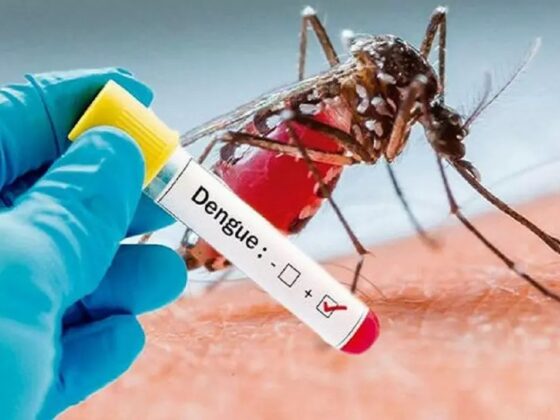New Delhi, 09 November 2024: Pneumonia isn’t a single ailment but a group of lung infections that can be triggered by bacteria, viruses, or fungi. Spreading awareness about pneumonia is vital because many people are not familiar with its symptoms or the associated risk factors. The World Health Organization (WHO) reports that pneumonia accounts for over 2.5 million deaths each year, ranking it as one of the deadliest infectious diseases. Raising awareness can promote early detection and treatment, which can ultimately save lives.
How to Recognize the Symptoms of Pneumonia
Being able to identify pneumonia symptoms is key to ensuring timely intervention. Common signs include a nagging cough, chest discomfort, trouble breathing, and fever. In some cases, especially among older adults, symptoms can also include fatigue and confusion. Noticing these symptoms promptly can lead to immediate medical support, thereby minimizing the chances of severe complications. It is crucial not to dismiss these signs, particularly during flu season when pneumonia cases often surge.
Pneumonia: Who Is Most at Risk?
Some groups of people are at a greater risk for pneumonia, such as young children, the elderly, and those with weakened immune systems. Chronic health conditions like asthma, diabetes, or heart disease can further elevate this risk. Lifestyle choices, including smoking and heavy alcohol use, can also make someone more vulnerable. By identifying these risk factors, individuals can take preventive actions and consult healthcare professionals when necessary.
Practical Tips for Preventing Pneumonia
Preventing pneumonia requires a multifaceted approach that includes vaccination, good hygiene, and healthy lifestyle choices. Here are some effective ways to protect against it:
Vaccination: There are vaccines available to guard against specific types of pneumonia, like the pneumococcal vaccine and the flu shot. Keeping vaccinations current is incredibly important, especially for those at higher risk.
Good Hygiene: Practicing regular handwashing with soap and water can significantly cut down the risk of infections that lead to pneumonia. It’s also wise to avoid close encounters with sick individuals and maintain proper respiratory hygiene by covering your mouth and nose when coughing or sneezing.
Healthy Choices: Eating a balanced diet, staying active, and avoiding smoking can help bolster the immune system. Getting enough sleep and managing stress also contribute to better overall health, lowering the risk of infections.
Environmental Factors: Minimizing exposure to air pollution and secondhand smoke is essential for lung health. Ensuring good ventilation in living spaces can further reduce the risk of respiratory infections.
Healthcare professionals have a vital role to play in preventing pneumonia. Regular check-ups can help spot individuals who are at risk and ensure they receive necessary vaccinations. Doctors can also educate patients about recognizing symptoms and knowing when to seek help. Community health initiatives can enhance awareness and preventive measures, particularly in areas that are underserved.










